We’ll lose Nigeria unless we come together and reform it —Sheikh Khalid, former Chief Imam of Apo Legislative Quarters Juma’at Mosque
[ad_1]
Sheikh Nuhu Khalid was the Chief Imam of Apo Legislative Quarters Juma’at Mosque in the Federal Capita Territory (FCT), Abuja, before he was suspended in April by the mosque’s management committee following his criticism of the government over the state of security in the country. Khalid, who is the founder of the Islamic Research and Da’wah Foundation, speaks with TAOFEEK LAWAL on what he has been up to since his suspension and the state of the nation.
As a Nigerian cleric known for speaking truth to power, how do you view the state of affairs in the country?
I give glory to the Almighty making me what I am today and for showing me the light to see the truth and abide by it. I have been saying that things are wrong in Nigeria since the administration of former President Goodluck Jonathan. But I wasn’t popular then because I was speaking to my people (northerners) who were totally against Jonathan’s administration. But I wasn’t speaking for Jonathan’s sake or because Jonathan was not from the north or because he was not a Muslim; I was speaking up for Nigeria. At the beginning of the current (Buhari’s) administration, I maintained my position that whenever there is an attack against Nigerians, I will condemn it and call the attention of the leaders to the need to do the right thing. Unfortunately, the northern people and particularly those in power did not take kindly to my submissions. They started criticising me for speaking the truth.
Now Nigerians have realised that it is not about where power belongs or what geographical location the president comes from. It is a matter of our country. Things are not going well. We are supposed to come together, put all hands on deck and reform Nigeria or we risk losing the country.
Our security is in danger, our economy is declining and our unity is diminishing. If you have to bring together the presidential candidates to sign a peace accord, it shows that the country and its democracy are at risk. Under normal circumstances, the presidential candidates ought to have the maturity to understand that it is Nigeria first and therefore not to do anything that could put the country and its democracy in danger – if really they want to serve the country. If they really love Nigeria, there is no need to sign any peace accord or agreement because they are the ones who should be role models and peace ambassadors for the country.
The campaigns too have not been issues or ideologically-based. They (the candidates) are only trying to hide behind ethnicity and religion to conceal their incapacities and lack of ideologies and good manifestos to lead the country. It is left for us to understand that before we go into the elections proper, we have to first of all tell Nigerians to disagree with any move to introduce violence, ethnicity and religious sentiments into the campaigns. We don’t need that. What we need is a true democracy which is not just about voting and changing leadership. Voting is one of the processes in a democracy; it is not democracy in itself. Democracy is not just about voting people into power or changing the position of power or making a new government; it is more importantly about good governance, all-inclusive governance, transparent, accountable and just government that, in a pluralistic society like Nigeria, promotes equity and justice, without which there can never be a full democratic system.
At what point do you think Nigeria lost it as a progressive nation? And what kind of leadership are you looking forward to as Nigerians go to the polls in February?
When you lose your identity, you lose everything. We lost our identity as Nigerians when we started emphasising ethnicity, geographical location and religion instead of national cohesion and patriotism. We lost our position as giant of Africa when we lost our national motto, Unity and Faith, Peace and Progress. Regrettably, our children in primary and secondary schools don’t know this motto. If our unity is in danger, then our progress is in danger too and that is where we got it wrong.
Regarding the kind of leadership I want in 2023, I look forward to the emergence of a leader who will listen to the people, a leader who believes in Nigeria, who can unite Nigeria, improve Nigeria’s economy and who can understand the reason he is in office. We need a leader who will get his priorities right. By priorities, I mean security first, going by the constitution. If we have a president that can do that and bear in mind that he needs to unite the country by ignoring his local identity and believing in national identity, then we are going to get to where we are supposed to be.
Nigerians have three things to do during the polls. One, they must make sure that they vote wisely. When I say ‘wisely’, I mean, their votes must count. This is a country where you have increasing invalid votes because of poor voters’ education. I call on the Independent National Electoral Commission (INEC) to do more as far as voters’ education is concerned. I want to also call on the National Orientation Agency (NOA) to help INEC in this regard. Secondly, they (Nigerians) should ensure they vote the right candidates. If you don’t know who to vote for in the coming elections, start asking questions. Try to find out what a particular candidate is offering the country and not what they are offering you as an individual, your part of the country or religion? Will he or she work for the future of Nigeria? The third thing is to know how to protect your vote. Nigerians can protect their votes by making sure that elections are free and fair. We can also protect our votes by keeping the leaders on their toes during their tenure of office.
What have you been doing since your suspension as the Chief Imam of Apo Legislative Quarters Juma’at Mosque?
I have been doing the job. I have not stopped for one day. My job is educating and enlightening the people and I have not stopped doing that. If you look at my Facebook account, you will see that I live-stream my sermons and lessons. I was an imam before I was invited to serve there (Apo Mosque). I did not come to Abuja looking for a mosque or where to teach. I was staying in Jos as a scholar when the people of Abuja, particularly the Nyanya people, begged me to come here (Abuja). They wanted my message to reach more people, Abuja being the nation’s capital. But there was a misunderstanding regarding my message. And if you say you want me to leave, I will leave because it is not or do-or-die thing. If I had wanted to be in Apo or be close to power, you would not find me here. There is an official residence for the Imam there. Ask them if I slept there for one day. I only kept part of my family there so that it won’t be as if I rejected it outright. When I finished the discharge of my daily duty there, I came back here to sleep. Alhamdulillah, I have not lost anything. I am doing the job.
Have there been any overtures for you to come back? Are you ready to go back if you are asked?
Nobody has contacted me directly about a return to Apo but many members of that community, especially those praying there, have a clear understanding of what I was doing and they appreciate my contributions. They were trying to see what they could do. But officially, nobody has contacted me. As a Muslim, if they genuinely want me to come back, I have no choice because you cannot reject the service to Allah. That is my stand. I am rendering service to humanity and particularly Nigeria.
ALSO READ FROM NIGERIAN TRIBUNE
A few weeks ago, you received a ‘Courage in Leadership’ award from a newspaper company. What does that award mean to you and who did you dedicate it to?
I dedicated the award to vulnerable Nigerians, widows and orphans, whose number is increasing daily and whose voice I am. It is their award. I speak for them. I spoke for them and that was the reason why some people tried to keep me silent but they ended up giving me more promotion.
Youths constitute more than 60 per cent of Nigeria’s population, just as they as well as women constitute the majority of voters. What is your advice for these youths as the general election draws near?
They should take possession of the country by voting wisely and rejecting pre-election violence, election violence and post-election violence. They should not engage in the spread of falsehood or do anything that could make the atmosphere tense.
They must not allow themselves to be used to perpetrate violence before, during and after the elections. I want them to take possession of the country because my days are not as long as my children’s. I am going to leave them behind. The majority of those that are bidding for leadership, the presidency in particular, are not youths. Therefore, if they use youths to destroy this country, they are destroying their (the youths’) future. They are living their own future in which the youths are suffering. Therefore, the youths must think twice if somebody wants to use them for violence.
Let them take possession of the country by asking for accountability and transparency after elections, by holding those elected to their promises.
[ad_2]
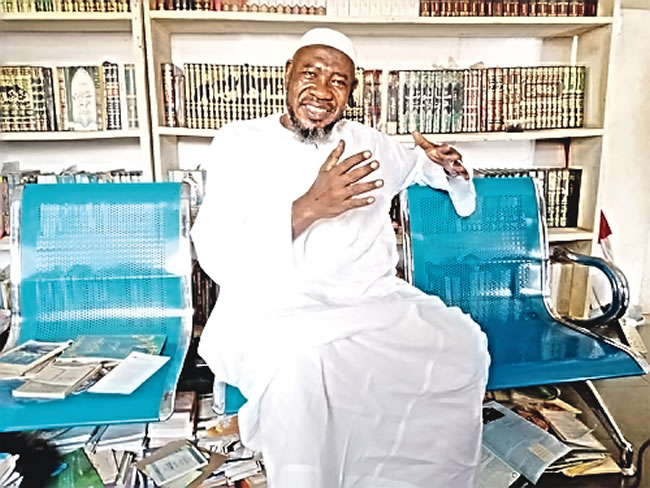

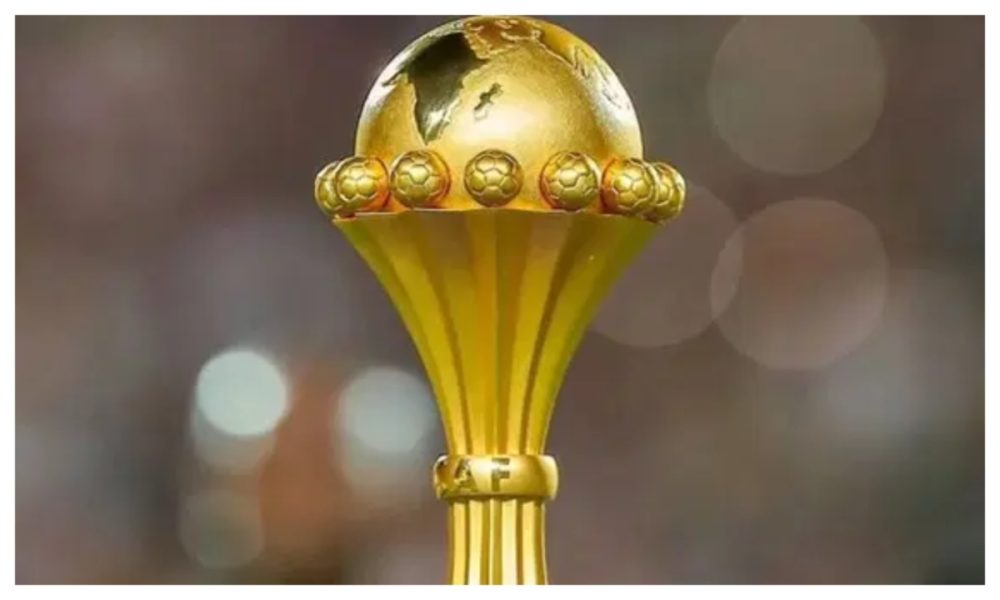
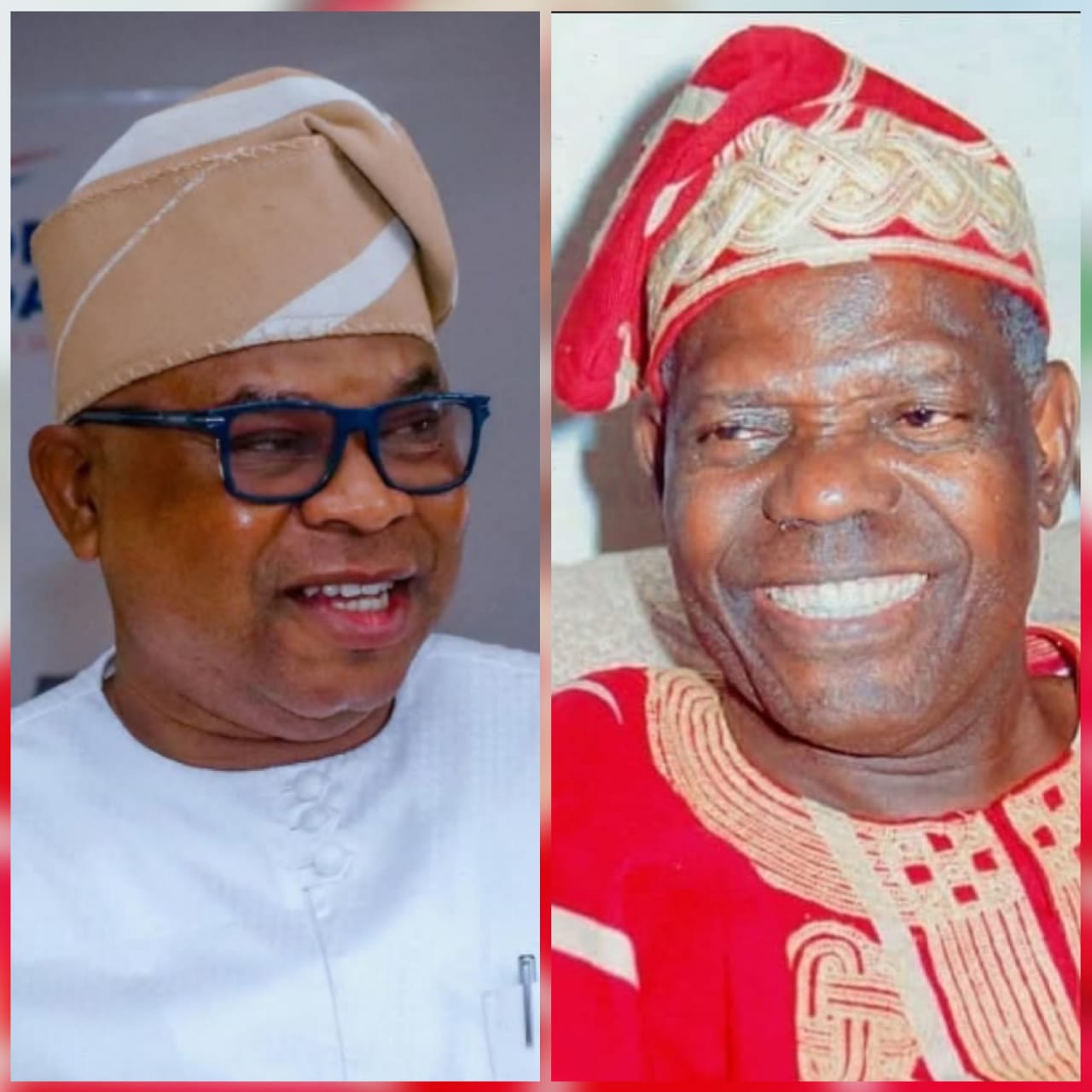
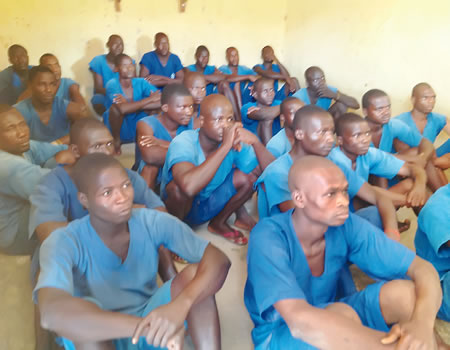
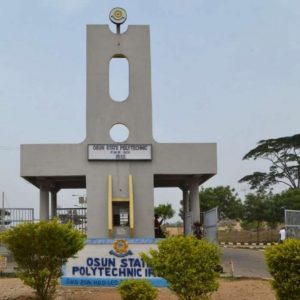
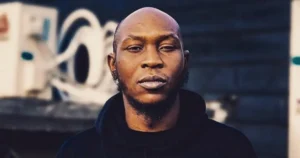
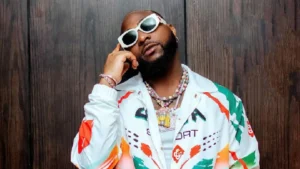
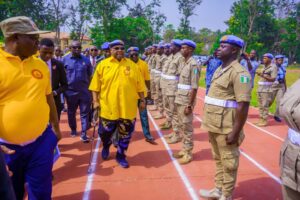
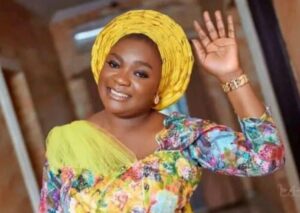
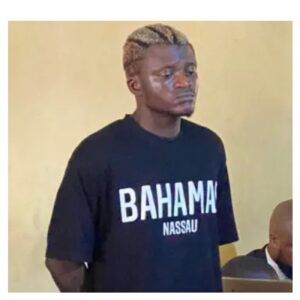
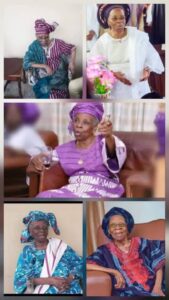
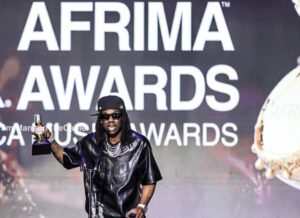
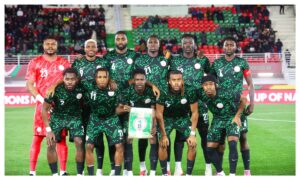

Post Comment